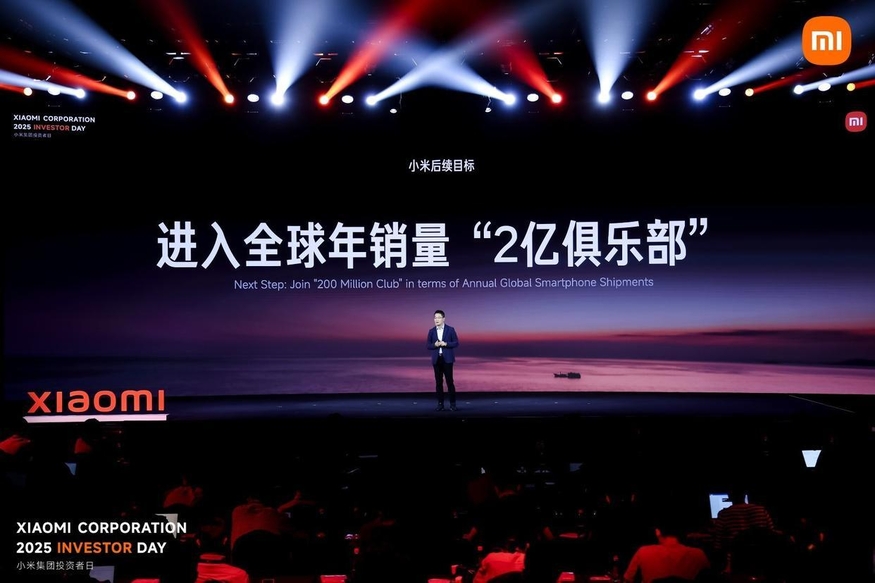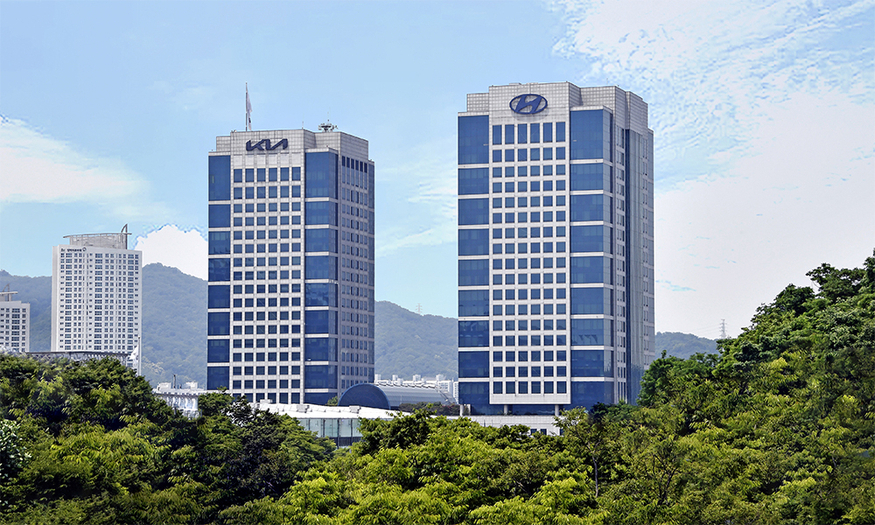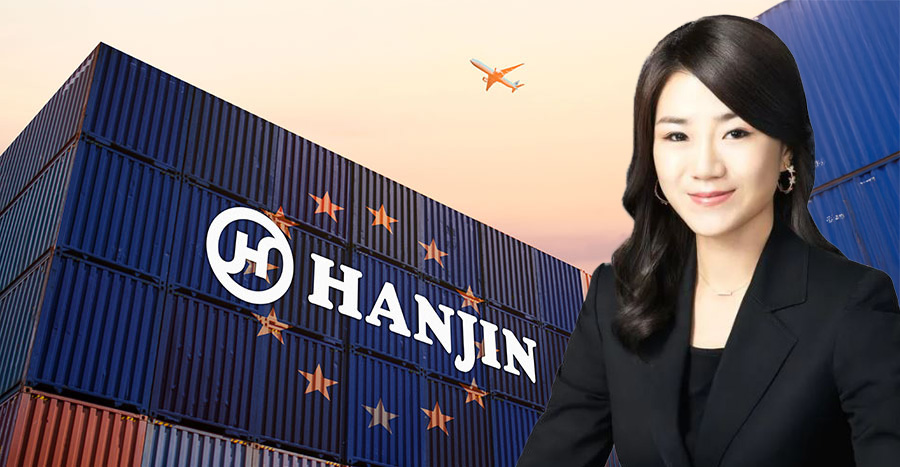
ASML, the Dutch semiconductor equipment giant, has issued a stark warning that escalating geopolitical tensions and export controls are disrupting innovation in the global chip industry. The company’s concerns come amid growing trade conflicts between the U.S. and EU, with protectionist policies creating uncertainty across the technology sector.
In a pre-recorded message for an industry event in the Netherlands, ASML CEO Christophe Fouquet emphasized the critical need for international collaboration. “The semiconductor industry thrives when people can work together across borders to innovate,” Fouquet stated. “But today’s geopolitical divisions and export restrictions are putting this fundamental principle at risk.”
While Fouquet’s comments were recorded before the latest U.S. tariff announcements, their release timing has been viewed as a response to Washington’s increasingly protectionist stance. The remarks reflect broader European industry anxieties about maintaining access to global markets and supply chains.
The U.S. recently unveiled sweeping tariff increases, including a 20% rate on EU imports and higher duties targeting specific trading partners. Although semiconductors themselves were exempted, the lack of clarity around semiconductor equipment has left companies like ASML in limbo.
Industry analysts note that ASML faces particular vulnerability given its substantial U.S. customer base. Approximately 16% of the company’s revenue comes from American clients, including Intel, Samsung and TSMC – all of which are expanding U.S. operations with support from the CHIPS Act’s tax incentives.
The tariff measures have further strained transatlantic trade relations. Dutch officials confirmed ongoing discussions with U.S. counterparts but declined to specify whether they would seek exemptions for ASML’s cutting-edge lithography machines. An EU-wide response to the U.S. trade actions is reportedly in development.
As the world’s leading supplier of chipmaking equipment, ASML’s warning underscores the delicate balance between national security concerns and the semiconductor industry’s need for global cooperation. With technological leadership at stake, the company’s message serves as a cautionary note about the unintended consequences of economic nationalism.















